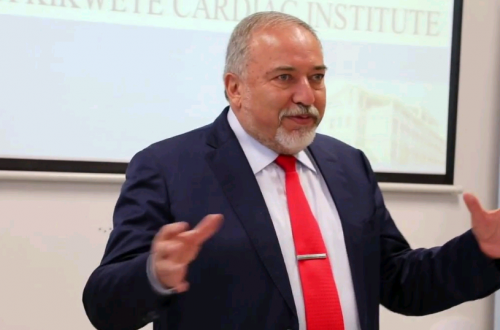Boris Johnson is right to say that political correctness has prevented FGM being tackled robustly, although this is perhaps a bit of a straw man:
There are still Left-wing academics protesting that the war on FGM is a form of imperialism, and that we are wrong to impose our Western norms.
He might also have cited the example of forced/underage marriage – another issue where the state needs to intervene firmly to protect, not supposed ‘sensitivities’, but children and young people whose well being is at risk.
Johnson is also right to stress the importance of counter-terrorism work, and the dangers of radicalisation.
We are familiar by now with the threat posed by the preachers of hate, the extremist clerics who can sow the seeds of madness in the minds of impressionable young people. We are watching like hawks to see who comes back from Syria, and the ideas they may have picked up.
But his suggestion that children in danger of being radicalised should be taken into care is problematic. There is a real difference between the concrete threats posed by FGM or forced marriage and the more nebulous spectrum of danger of infection by extreme or radical views.
The law should obviously treat radicalisation as a form of child abuse. It is the strong view of many of those involved in counter-terrorism that there should be a clearer legal position, so that those children who are being turned into potential killers or suicide bombers can be removed into care – for their own safety and for the safety of the public.
Johnson cites the views of those involved in counter-terrorism, and invokes apparently extreme cases where there seems real danger a criminal act will be committed. He goes on to argue:
A child may be taken into care if he or she is being exposed to pornography, or is being abused – but not if the child is being habituated to this utterly bleak and nihilistic view of the world that could lead them to become murderers.
It’s difficult to comment on hypothetical cases – one would need to know more about the circumstances and hear a range of views from informed professionals. But if a child has internalised a murderous ideology it doesn’t seem clear that taking him or her into care will effect a cure. It also seems quite likely that such a step would help radicalise others.
A comment below the Guardian’s report complained that its opening paragraph was misleading because it implied a lower threshold for radicalisation than Johnson had set out:
“Muslim children at risk of radicalisation at the hands of their parents are victims of child abuse and should be taken into care, Boris Johnson has said.”
Except that is a lie, he has said no such thing. He has said Children where there is clear evidence they are being radicalised should be taken into care. A small but very, very important difference. Words matter Guardian. You are wordsmiths. You know what you are doing so I can only conclude you are engaging in the the journalism of the gutter.
And any readers who haven’t read his piece should do so. I expect the overwhelming majority will agree with what he has to say today.
But this commenter seems to me only half right. Johnson does not keep his very high threshold for intervention in clear focus throughout the article. He concludes:
We need to be less phobic of intrusion into the ways of minority groups and less nervous of passing judgment on other cultures. We can have a great, glorious, polychromatic society, but we must be firm to the point of ruthlessness in opposing behaviour that undermines our values. Paedophilia, FGM, Islamic radicalisation – to some extent, at some stage, we have tiptoed round them all for fear of offending this or that minority. It is children who have suffered.
Terrorism is one thing. ‘Islamic radicalisation … that undermines our values’ is another. Inevitably this article led to jibes in the Guardian about the advisability of taking into care the children of Tories (and Guardian readers) but there is a slippery slope danger in Johnson’s argument and in his somewhat inconsistent rhetoric. One reason it’s important to keep the categories of terrorism and ‘Islamic radicalisation … that undermines our values’ distinct is because many with extreme views can quite sincerely disassociate themselves from terrorism. In order to counter illiberal and extreme views robustly it’s important to recognize that such ideas are quite compatible with disowning and condemning terrorism.


